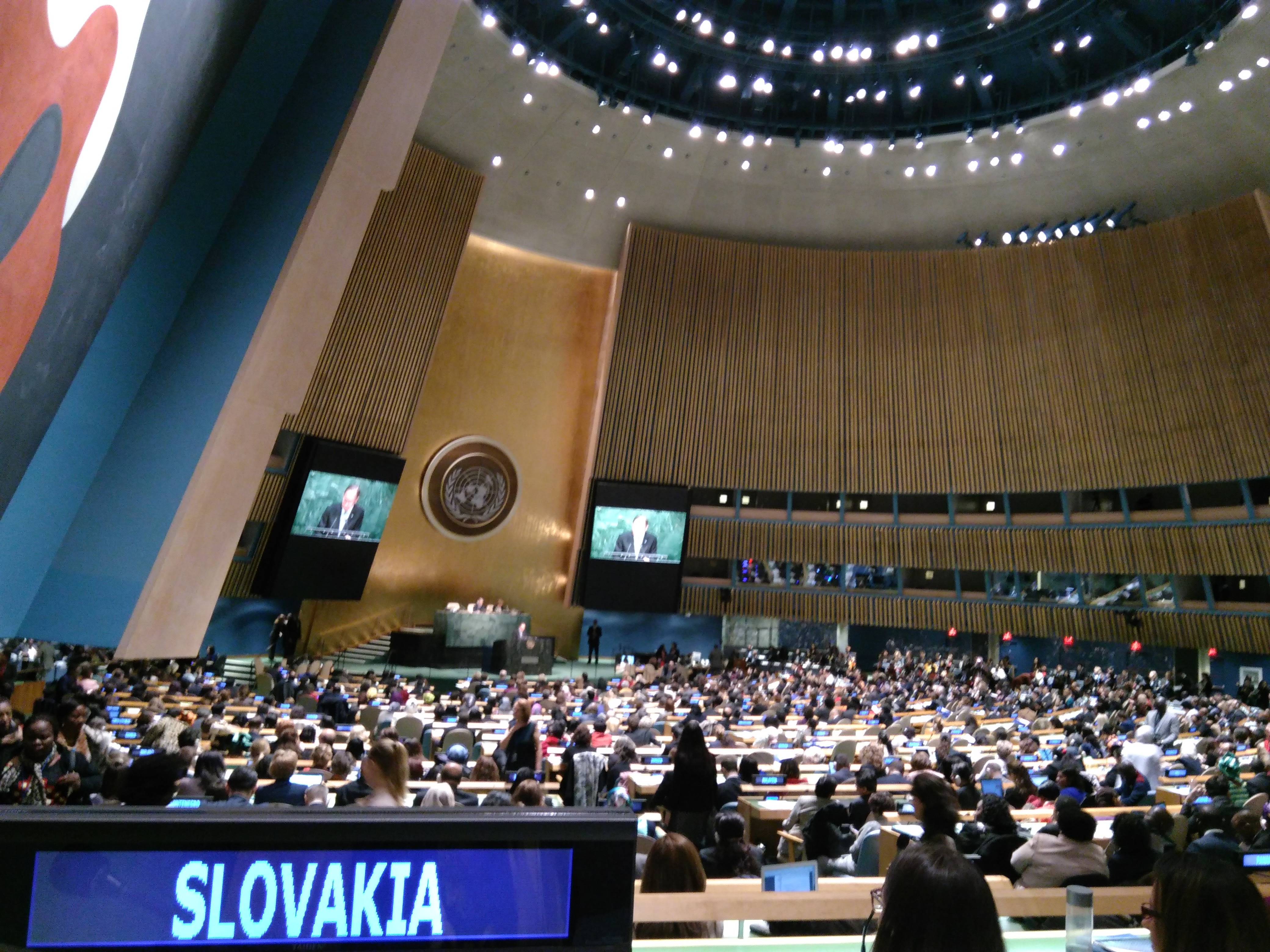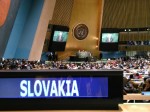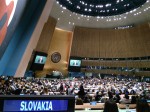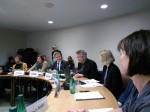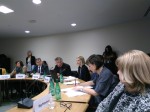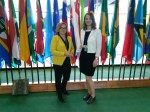60. zasadnutie Komisie o postavení žien (CSW60) je zamerané na posilnenie postavenia žien a jeho väzby na udržateľný rozvoj. Na každoročnom zhromaždení na vysokej úrovni, ktoré sa koná v sídle Organizácie Spojených národov v New Yorku od 14.-24. marca 2016, v zastúpení globálnych lídrov a líderiek, mimovládnych organizácií a súkromného sektora sa rokuje o tom, ako zabezpečiť zlepšenie života žien a dievčat v rámci nového 15-ročného globálneho rozvojového plánu.
Agenda pre trvalo udržateľný rozvoj 2015-2030 (2030 Agenda for Sustainable Development) nadväzuje na miléniové rozvojové ciele a bola prijatá na úrovni OSN v septembri 2015. Okrem samostatného cieľa pre rodovú rovnosť a posilnenie postavenia žien (cieľ 5), je plánovaný rodovo citlivý prístup v 11 ďalších rozvojových cieľov. Prečítajte si viac o úlohe žien zohrávajú vo všetkých cieľov, a to, čo OSN robí pre ženy v týchto oblastiach tu.
Hlavnou témou pre vyhodnotenie pokroku bola oblasť násilia na ženách, na prezentáciu ktorého sa zamerala aj slovenská delegácia. Delegáciu tvorili za MPSVR SR riaditeľka ORRRP Oľga Pietruchová a Ľubica Rozborová, koordinátorka projektu Koordinačno-metodického centra (KMC) pre rodovo podmienené a domáce násilie, za IVPR riaditeľka Silvia Porubänová a Barbora Burajová, zodpovedná za vedenie KMC. Za MZVaEZ sa zasadnutia zúčastnila Zuzana Sláviková, ako aj zástupcovia Stálej misie SR pri OSN. Naša delegácia vystúpila tak v hlavnej diskusii, ako aj v prezentáciách krajín zameraných na dobré praxe v oblasti násilia na ženách. Okrem toho sme sa spolupodieľali na “side evente” českej republiky a nórskej organizácie Alternative fof Violence.
Vystúpenie riaditeľky ORRRP v diskusii:
Allow me to report a progress in the Slovak Republic and to share best practice regarding the gender equality in general and in the area of prevention and elimination of violence against women in particular.
In the past year, there has been a significant development aimed to increase gender equality in public and private life de jure and de facto.
In 2015, Slovakia started to implement the Strategy and Action Plan for Gender Equality 2014–2019 which is the Slovak government’s fundamental programming document. By implementing the tasks defined in this plan, the Slovak Republic aims a compliance with the commitments resulting from the European Union strategy on equality between women and men as well as the main findings of the CEDAW committee including those from November last year.
Our effort has already led to positive results. We proudly can report a significant progress by reducing the gender pay gap within last 10 year; while in 2005 it has reached 27%, it continuously dropped up to 18% in last year. Of course, it still represents a major inequality factor. Hence, we are going to remember it next week on 22nd March as the Equal Pay Day in our country.
Additionally, I would like to mention one more positive example, the national project Family and Work which is aimed at reconciliation of family and working life particularly for mothers of small children. Within the project, flexible working arrangements and child care facilities have been financially supported via ESF throughout Slovakia.
In 2013, the National Action Plan for the Prevention and Elimination of Violence against Women 2014–2019 has been adopted by the Government. The Plan sets out 63 very concrete tasks, together with bodies responsible for each task, sources of financing, indicators for evaluation and due dates for each task. For the effective fight against VaW, several project schemes have been developed – particularly via European Social Fund and Norwegian Financial Mechanism – with total amount more than 12 million EUR. Furthermore, NGOs are being financed via Self-Governing Regions and private donors as well.
Several significant improvements regarding support services can be reported during the last year. The Ministry of LSAaF established a free 24/7 helpline in order to provide an efficient support to women experiencing violence and seeking support. On average, the helpline receives 600 calls a month. The number of shelters and counselling centres providing gender sensitive services has doubled in last year, thanks to the support of NFM.
During the last year, the drafting process of the proposal of the Act on prevention of and protection from gender-based violence and domestic violence has started with NGOs involved in the drafting process since the it´s very beginning.
A crucial activity of the Ministry of Labour in this area is the project of establishing the Coordinating Methodical Centre for Prevention and Elimination of Violence against Women and Domestic Violence in accordance with Article 10 of the Istanbul Convention.
Furthermore, as the upcoming presidency country in the Council of EU Slovakia has prepared several initiatives focused on particular challenges which are common in most of the EU countries.
In cooperation with European Institute for Gender Equality (EIGE), the Slovak Presidency will undertake a review of the implementation of the Beijing Platform for Action by the EU Member States in the area of “Women and Poverty”. Emphasis will be given to the monitoring of the situation of the most disadvantaged groups among women, including Roma, and to identifying the multidimensional problem and causes of female poverty.
Balancing work, family and private life is a prerequisite for the higher participation of women in the labour market and their economic independence; with this in mind, a conference held in Bratislava will be dedicated to the reconciliation of work, family and private life in a changing society.
Slovakia as an EU member state fully supports the position and statements presented by EU delegates at the CWS meeting.


